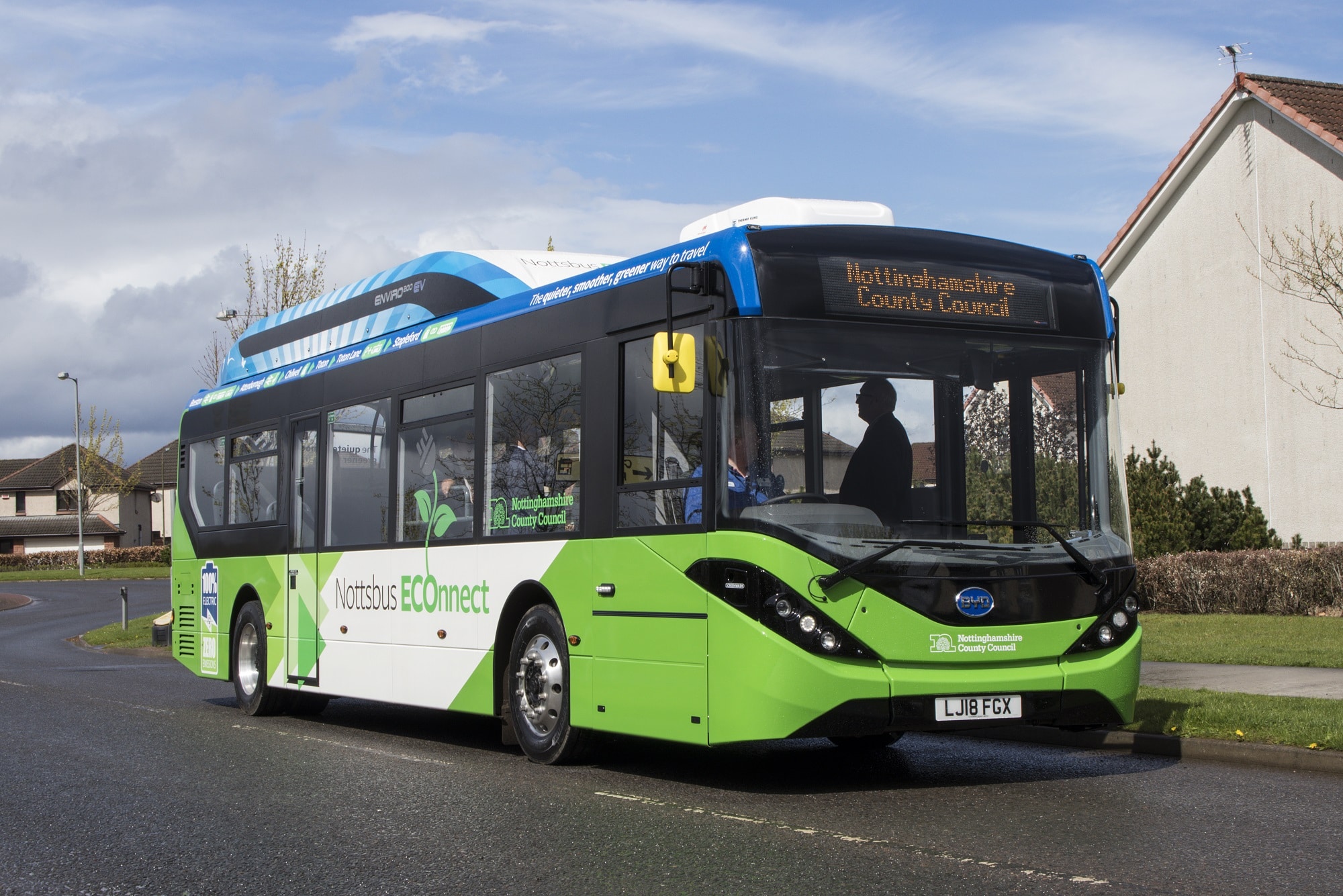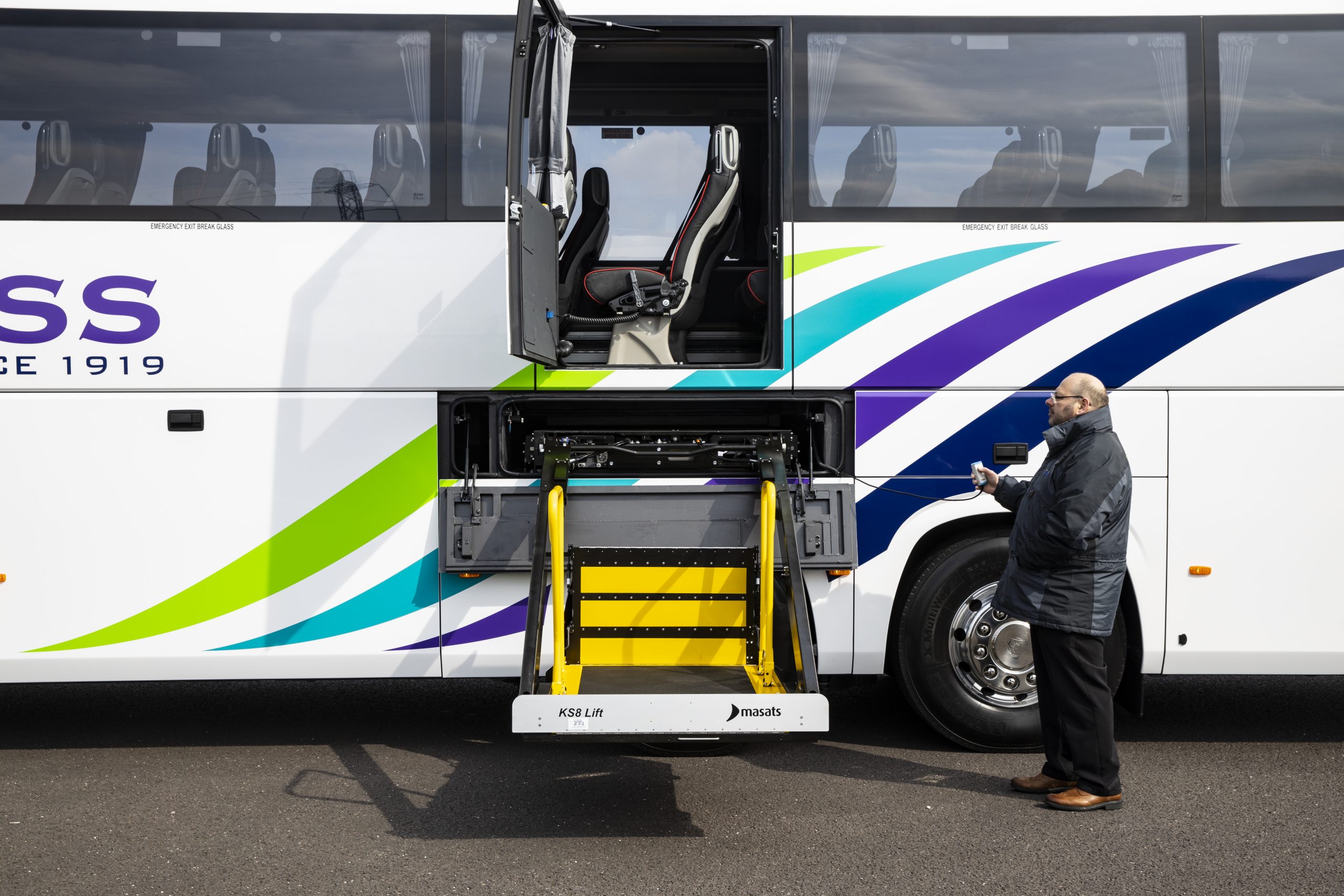The new year is off to a good start – now the industry must grab the opportunity
What a good start to 2020 it has been for the bus sector.
Expressions of interest from the ‘Better Deal for Buses’ programme are now open for applications; £100m has been allocated for superbus networks, focusing on bus priority infrastructure and reducing fares; £50m will go towards an all-electric bus town; and £30m is available for local authorities to restore or support existing routes.
And that is just in England. Transport Scotland has also allocated £500m to bus infrastructure funding and has opened its first Scottish Ultra-Low Emission Bus Scheme of £3m to support ultra-low- and zero-emission (ZE) buses in the country.
And this was all before Boris Johnson announced £5bn to support bus and cycling infrastructure.
The details on that latter sum are a little light on the ground currently, and that means they could change.
The figure was announced alongside an aim to support 4,000 ZE buses over a five-year period. Based on the current funding model used for the Ultra-Low Emission Bus Scheme, I would estimate that around £500-800m has been set aside specifically to support the purchase of new ZE buses and supporting infrastructure.
4,000 new ZE buses over a five-year period is a lot, given that we average around 100 new ZE buses out of 2,000 new buses a year in total across the whole of the UK (2019 could be even lower, subject to SMMT vehicle statistics). There are even some murmurings of extending this funding to include coaches and minibuses if buses fail to take up funding.
That target would mean that two out of every five new buses registered would be ZE. A massive jump from where we are now. But this is the serious action that needs to be taken if we are to make a start on the road to net zero.
There are challenges when putting in the infrastructure and skilling up support teams, but these have been overcome in the past. We must remember that challenges also present opportunities. New revenue streams by providing third party electric vehicle (EV) charging points for use by cars or vans near depots while buses are out in service, for example.
ZE buses have been successfully introduced across the UK, from London to Brighton, Manchester and Inverness. By 2021, we could have close to 1,000 ZE buses in the UK from existing funding streams – 2.5% of the total UK bus fleet.
Whether this target seems achievable or not is immaterial. The industry needs to welcome this funding and use it to build itself a new, positive image. One that is clean, reliable, convenient and affordable. A transport solution fit for the 21st century – and one that is ready and looking to support a new generation of bus passengers.
No more ‘why us?’ or ‘what about cars?’ – more: ‘We are the future. Choose the future. Choose bus.’


























